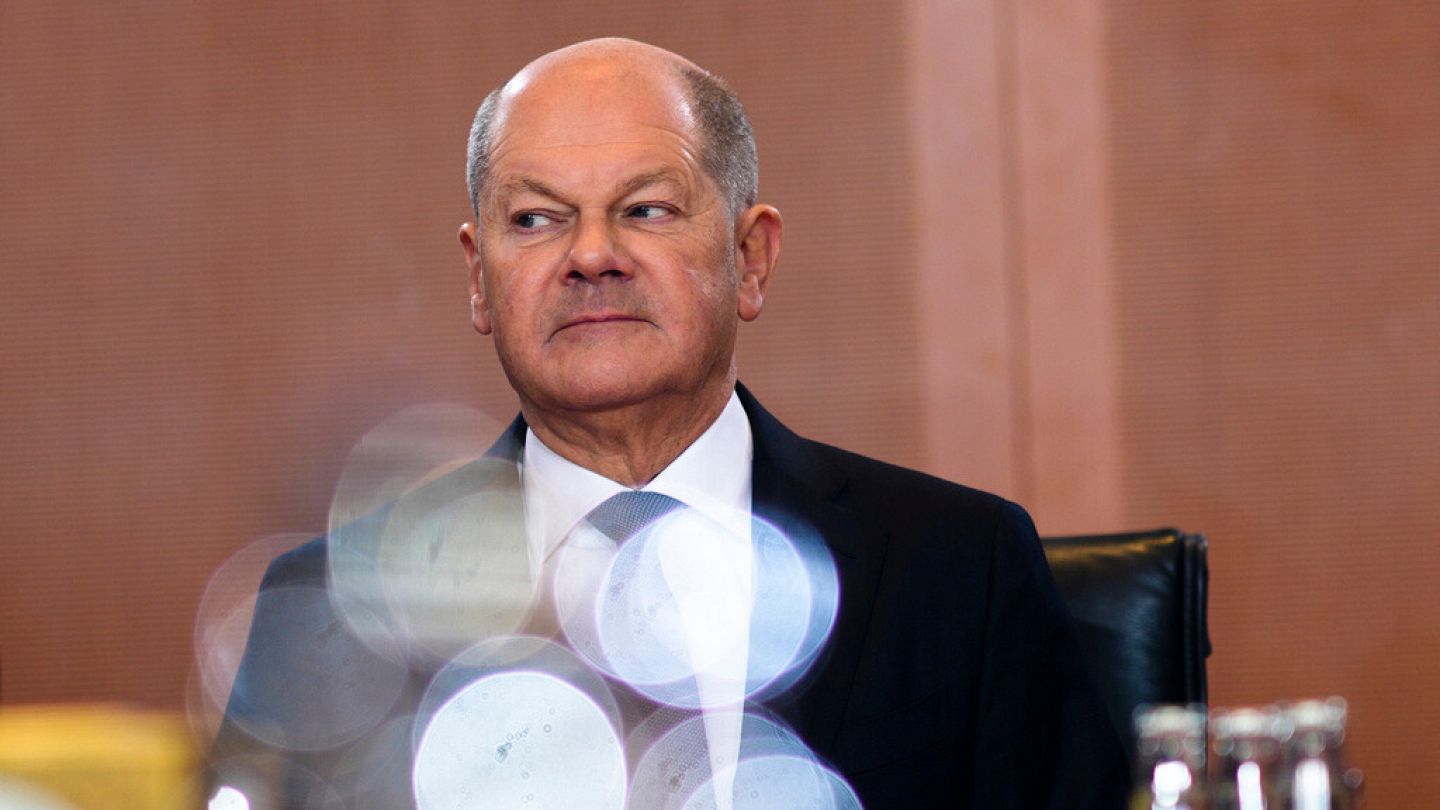In November 2024, Olaf Scholz’s coalition government in Germany fell because he fired his finance minister. Now, his party (SPD) co-leader, Lars Klingbeil, is set to take over the ministry whose €500 billion fund is at the heart of the new govt’s economic recovery plan
read more
Germany is on the cusp of inaugurating a new chancellor, bringing to a close a rather turbulent political chapter that began nearly six months ago with the collapse of Olaf Scholz’s government.
The collapse was triggered by Scholz’s contentious decision to dismiss Christian Lindner, the fiscally conservative finance minister from the Free Democratic Party (FDP), after months of disagreements over Germany’s budget planning.
Now, conservative leader Friedrich Merz is just days away from being sworn in as Germany’s next chancellor, following weeks of intense coalition negotiations.
STORY CONTINUES BELOW THIS AD
The finance minister for his government has also been decided. The position has become crucial and not just because the previous government had collapsed due to disagreements on finances.
The new administration relies heavily on a €500 billion fund to drive its economic recovery plan. The Finance Ministry is going to be in-charge of it.
So, who is this new finance minister and what lies ahead for him?
Merz’s win and tough coalition talks
The February snap election, called after Scholz’s Social Democrat-led coalition fell apart in November 2024, resulted in Merz’s centre-right Christian Democrats (CDU) emerging on top.
Since it fell short of an outright majority, the CDU was forced to court coalition partners. The SPD, despite its losses, became the surprising linchpin in the negotiations. After weeks of backroom talks, the two parties struck a deal that cleared the way for Merz to form a government— with significant compromises on both sides.
That change has thrust the finance ministry into the spotlight—and into the hands of SPD co-leader Lars Klingbeil.
Klingbeil, 47, will become both finance minister and vice-chancellor in the new government. A political scientist by training with no background in economics, he is seen as a shrewd operator who led the SPD’s coalition negotiations. He is

